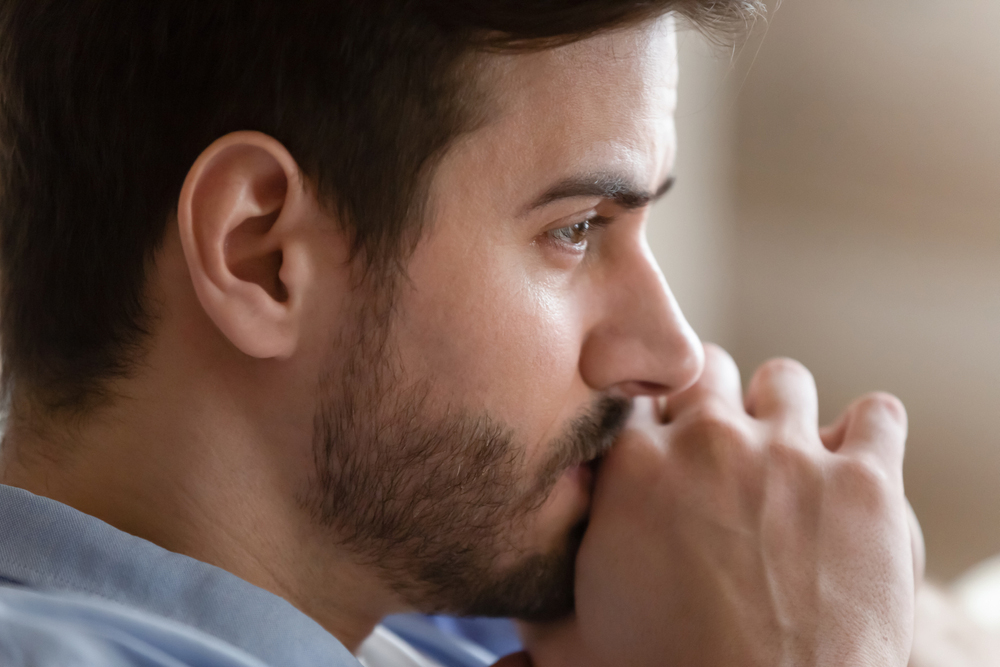While solitude can allow you to relax and spend time with your thoughts, too much social isolation can be unhealthy. Due to the inextricable mind-body connection, people who lack close relationships can become chronically stressed, which can lead to a host of other health problems. Social isolation may also cause or worsen disorders like depression and anxiety.
Why Are Men So Lonely?
Factors such as cultural norms, heavy technology use, gig working and fewer opportunities to socialize have made it more difficult for young men to form close friendships. As a result, they increasingly spend large amounts of time alone or in extremely limited contact with others.
If you lack intimate relationships in your life, you may notice the following problems developing.
- You avoid get-togethers, including those you formerly enjoyed.
- Canceling plans to go out gives you a sense of relief.
- Thinking about in-person interactions makes you anxious or panicky.
- You’re unwilling or unable to share your feelings with others.
Societal Pressures Are Different for Boys and Girls
Parents of young girls encourage them to be compassionate, communicative and practice active listening skills – all qualities that can forge and nurture emotionally supportive relationships. Often, boys do not receive this same type of socialization, which can make them reluctant to show any signs of weakness or ask for help. As a result of these different cultural expectations, young men are less likely to reach out when they’re struggling or show affection to their loved ones.
Boys and young men crave close connections with their peers, but there is still stigma attached to male vulnerability. Statistically, men are much less likely than women to seek help for mental and emotional health issues due to ingrained gender norms about self-reliance. As a result, they are often more isolated throughout their lives.
Social Isolation Is Unhealthy
Though it’s possible to be alone without feeling lonely, chronic loneliness can become problematic if you don’t have the emotional, mental or financial resources to go out and satisfy your social needs or lack a circle of friends who can provide the benefits of camaraderie.
Research has linked social isolation to various adverse health consequences, including depression, poor sleep quality, diminished executive function, accelerated cognitive decline and impaired immunity at every stage of life. For example, the results of one study suggest lonely people are up to 30% more likely to experience cardiovascular disease, including strokes.
In the absence of encouragement from family or friends, isolated people may also fall into unhealthy habits like drinking, drug use and eating or sleeping too much or too little. These can worsen your feelings of loneliness by impacting your physical and mental health.
Begin Your Healing Journey Today
At PACE Recovery Center, we offer customized programming in a gender-specific environment. Here, you can find a sense of camaraderie and brotherhood among other men who have faced similar challenges, making friendships that can last a lifetime.
Addressing all aspects of the disease of addiction, including related mental health issues, the PACE approach includes 12-step meetings and evidence-based practices. We offer men’s long-term residential treatment in Orange County in a structured program that includes 24/7 access to resources. Contact us today to verify your insurance coverage and learn more about the admissions process.



